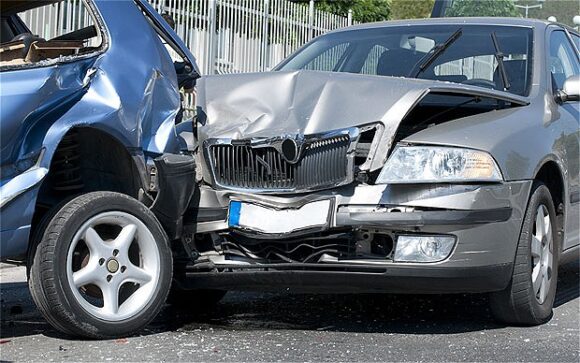
In our personal injury practice we frequently deal with clients injured in automobile accidents. Frequently (and sadly), we often have to explain to severely injured people that their insurance may be inadequate to compensate them for their injuries. Thus, part of our initial client consultation is spent reviewing – and trying to simplify – Connecticut’s laws dealing with liability and uninsured/ underinsured motorist coverage.
Our job is to zealously advocate for our clients . . . and to provide good counsel. So, let’s cover some basics (different rules may apply for commercial and fleet policies):
1. What is “liability coverage”?
This coverage protects the negligent operator and/or owner of a vehicle for injuries caused by negligent operation of the vehicle up to the amount of the purchased coverage limit. This coverage is generally found in Part A of your policy.
2. What is uninsured motorist (UM) coverage?
Connecticut law (C.G.S. 38a-336) provides that that each automobile liability insurance policy shall provide uninsured motorist coverage with limits equal to the policy’s “liability” limits. Uninsured motorist coverage provides protection and compensation to the driver and/or passengers in a vehicle if they sustain injuries and the negligent tortfeasor (“the bad guy”) does not have insurance. This coverage is generally found in Part C of your policy.
3. What is underinsured motorist (UIM) coverage?
UIM coverage provides protection for the same occupants in the event that the tortfeasor does not have enough insurance. Connecticut law requires that the tortfeasor only needs $20,000 in liability coverage.
4. What’s the cost for UM/UIM coverage?
When the liability limits and UM/UIM limits are the same most companies charge a premium for UM/UIM coverage that’s significantly less than the liability premium. Check Part C of your policy declarations page and compare that premium to Part A; it’s often 60-75% less. It’s less because insurance company actuaries have determined that you are less likely to use UM coverage than liability coverage.
5. Should I purchase UM/UIM coverage which is lower than my liability coverage?
The short answer: No. Connecticut Law allows you to reduce your UM/UIM coverage. Don’t do it. UM/UIM coverage is designed to protect the operator, passengers and family members (and in some circumstances, pedestrians) associated with your vehicle. The cost is much cheaper than the liability coverage premium.
6. Can I purchase higher UM/UIM coverage?
Yes you can . . . and should. Generally, as you purchase more insurance the premium cost becomes cheaper per $1,000 purchased. Connecticut law allows you to purchase UM/UIM coverage which is double your liability limits. Thus, if you have a $100,000 liability policy, you may elect to purchase $200,000 in UM/UIM coverage. If you can afford it, you should do so for your own protection.
7. What’s the difference between straight UIM coverage and conversion UIM coverage?
Under Connecticut law your insurance carrier is allowed to reduce from your UIM recovery any amount paid to you by the tortfeasor. Here’s how it works: let’s assume that you have an injury for which $100,000 is fair compensation. Further assume that the tortfeasor has a $25,000 liability policy and that you have a $50,000 straight UIM policy. You would think that you could collect $25,000 from the tortfeasor and $50,000 from your UIM carrier. Wrong! If you have a straight UIM policy your carrier can deduct the $25,000 from your $50,000 policy, leaving you with $25,000 from the tortfeasor and $25,000 from your carrier. . . to compensate you for your $100,000 injury. Conversion coverage eliminates the ability of your carrier to claim a credit for money you receive from the tortfeasor. Thus, you could collect $25,000 from “the bad guy” and the full $50,000 from your policy. Better yet, if you had double UIM conversion coverage ($50,000 x2 = $100,000), you could receive $25,000 from the tortfeasor and up to $100,000 from your carrier, thus fully compensating you for your loss.
There are many local insurance agents who can arrange coverage for you. The intent of this article is to simply better educate you on the need for, and issues surrounding, uninsured motorist and underinsured motorist law, so that you can make a better informed decision to protect you and your passengers in the event that the need to use such coverage should arise.
Suisman Shapiro Attorneys at Law is the largest law firm in eastern Connecticut, serving the community for over 70 years with a wide range of legal services. John A. Collins III is the Managing Partner of the firm and a Director/Shareholder who concentrates in the areas of Personal Injury Law and Civil Litigation. For more information, visit www.suismanshapiro.com or call (860)442-4416.
Suisman Shapiro is located at 2 Union Plaza, P.O. Box 1591, New London, CT 06320